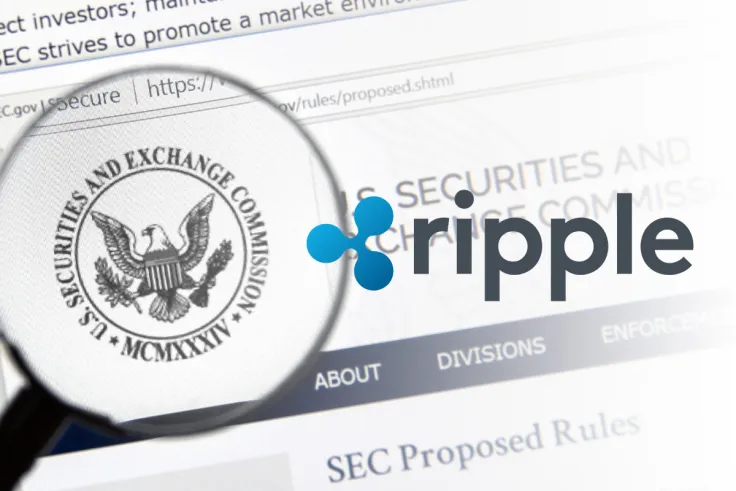
In its recent letter to U.S. District Judge Analisa Torres, Ripple's lawyers argue that the U.S. Securities and Exchange Commission (SEC) should not be allowed to bolster its case against the company's pivotal fair notice defense by filling the gap with "out-of-circuit" cases.
In its request to file a sur-sur-reply to Ripple's sur-reply, the SEC points to a similar case involving blockchain company LBRY Inc.
The defense argued that the blockchain project was being treated differently from similar companies.
However, the court ruled against the company's selective enforcement defense, given that the agency had pursued enforcement actions against other similarly situated blockchain projects.
Hence, the SEC believes that the ruling should justify striking Ripple's make-it-or-break-it fair notice defense.
Ripple, however, mentions that the SEC did not even ask to strike the defense in the LBRY case, claiming that such an omission is "remarkable."
The SEC took LBRY to court in early April, which happened just months after the agency dropped its bombshell lawsuit against Ripple. The blockchain-based file-sharing project was accused of selling its native LBC token as an unregistered security in order to fund its operations.
Jeremy Kauffman, CEO of LBRY, claimed that the token was not a security because there was no initial coin offering (ICO), echoing Ripple's argument:
LBRY rejected a similar defense, at the pleadings stage, even though that case, like Ripple's, did not involve an ICO and only contained allegations of unregistered offers and sales.
LBRY joined Ripple in trying to rally the industry against the SEC, claiming that its enforcement actions would put other blockchain projects at risk.
The court is yet to rule on the SEC's motion to strike Ripple's defense, which was originally filed in April 2021.

 Dan Burgin
Dan Burgin U.Today Editorial Team
U.Today Editorial Team